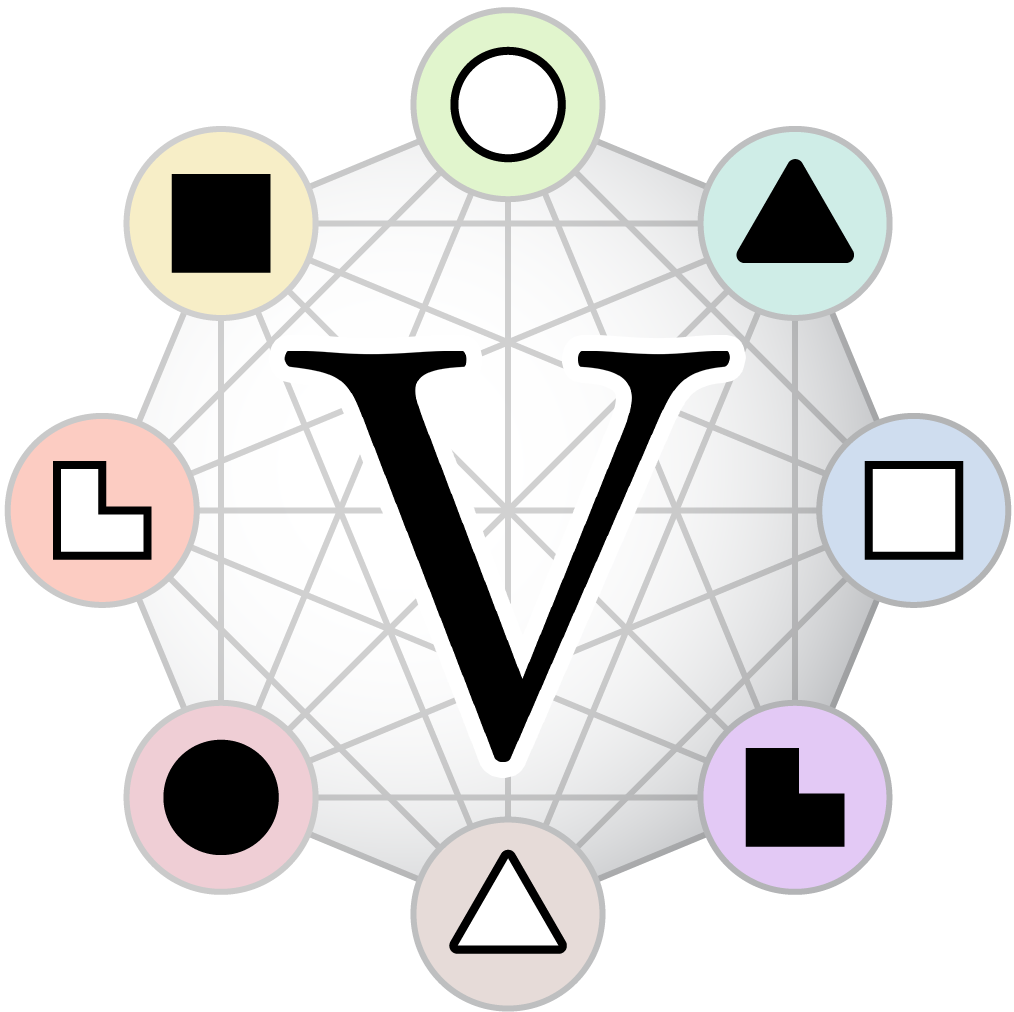Intelligence
Is socionic type related to intelligence? Or to different kinds of intelligence?
Intelligence in psychology
Intelligence is a property of mind that encompasses many related abilities, such as the capacities to reason, plan, solve problems, think abstractly, comprehend ideas and language, and learn. Although intelligence is sometimes viewed quite broadly, psychologists typically regard the trait as distinct from creativity, personality, character, knowledge, or wisdom. [1]
Intelligence in psychology may differ from popular definitions of the term. Here is a definition signed by 52 intelligence researchers in 1994:
a very general mental capability that, among other things, involves the ability to reason, plan, solve problems, think abstractly, comprehend complex ideas, learn quickly and learn from experience. It is not merely book learning, a narrow academic skill, or test-taking smarts. Rather, it reflects a broader and deeper capability for comprehending our surroundings—"catching on", "making sense" of things, or "figuring out" what to do. [2]
This description includes problem solving skills, rapid learning, and the ability to understand one's environment in addition to abstract thinking and comprehending complex ideas. In the popular awareness, intelligence is commonly associated with success in school, but we can see that psychologists' definition of the term is significantly wider.
Intelligence and socionics
Sometimes socionic definitions of intuition and sensing (and to a lesser degree logic and ethics) can give the impression that intuiters are more intelligent than sensers, possessing greater abstract thinking capabilities (modeling, visualizing, and recognizing hidden meanings). However, a close study of the subject reveals that socionists usually mean something slightly different by "abstract" than do psychologists. In socionics, intuitive types are more interested in intangible things than sensing types, which prefer more to concentrate on tangible things that can be experienced and seen.
In contrast, here is a standard definition of abstract thinking:
Thinking characterized by the ability to use concepts and to make and understand generalizations, such as of the properties or pattern shared by a variety of specific items or events. [3]
In other words, abstract thinking describes the ability to generalize experience and information and express these generalizations using concepts. This trait can probably be exercised equally well by intuitive and sensing types, logical and ethical types. Intuitive types will tend to generalize information of an intuitive nature, sensing types - of a sensing nature, logical types - of a logical nature, and ethical types - of an ethical nature. The socionic concept of dimensionality is an attempt to explain these differences.
Other interpretations of abstract thinking may lead to logical contradictions. For example, if abstract thinking is attributed to intuition, then, according to intertype relations, the best match for a high-IQ intuiter would be a lower-IQ senser. Research of married couples, however, indicates that people are most compatible with partners of a similar level of intelligence. Using the reasoning applied de facto by most socionists, the best match for a high-IQ ("high generalizing") intuiter would actually be a high-IQ senser.
A review of the Benchmark Type List compiled by Russian speaking socionists in 2006 shows that socionists placed highly talented and intelligent individuals in all types. However, some types indeed seem more likely than others to become famous for contributions to theoretical science and philosophy. Also, Chris Langan, the man with possibly the highest IQ in the world, has been typed as a LSI - a sensing type. [4]
Certain socionists, however, maintain the view that only intuiters are prone to think about anything other than the immediate here and now. In particular, this view is held by Meged and Ovcharov, who report a much higher percentage of intuitive types in the population compared to sensers.
